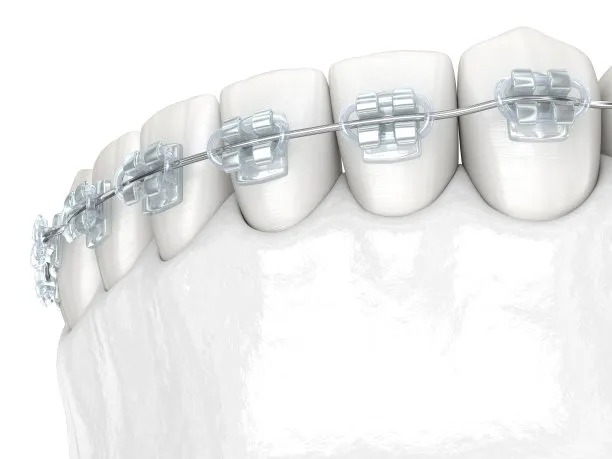A Comprehensive Guide to Understanding the Benefits and Procedures of Dental Implant Treatment for Optimal Oral Health
Summary: Dental implants have emerged as a transformative option for those seeking to restore their oral health and functionality. This comprehensive guide delves into the benefits associated with dental implants, outlining their advantages over traditional methods. Additionally, it examines the procedural aspects of implant treatment, shedding light on what patients can expect during their journey towards optimal oral health. Understanding these facets empowers individuals to make informed decisions regarding their dental care, ensuring an improved quality of life and enhanced oral hygiene.
1. Advantages of Dental Implants Over Other Solutions

Dental implants offer numerous advantages compared to traditional tooth replacement options like dentures and bridges. One of the most significant benefits is their durability. Implants are designed to last for many years, often a lifetime, with proper care, unlike dentures, which require regular replacement.
Another advantage is the comfort level associated with dental implants. They are anchored directly into the jawbone, which means they feel more like natural teeth. This stability enhances a patients comfort while speaking and eating, minimizing potential frustrations that some may experience with removable dentures.
Additionally, dental implants support jawbone health. When a tooth is lost, the jawbone can start to deteriorate. Implants stimulate the jawbone, helping to preserve its structure and prevent the sunken appearance that often accompanies tooth loss.
2. The Procedure Overview: What to Expect
The dental implant procedure typically involves several steps, beginning with a consultation to determine the patients suitability for the treatment. During this initial visit, the dentist assesses oral health and may take X-rays to evaluate the condition of the jawbone.
The next phase involves the surgical placement of the implant. This outpatient procedure usually involves local anesthesia, and the dentist will insert the titanium post into the jawbone, which acts as the root of the new tooth. Follow-up appointments will be necessary to monitor healing and osseointegration—the process by which the bone fuses with the implant.
Once the implant has securely integrated with the bone, the final restoration can take place. This involves placing a crown, bridge, or other restorative element onto the implant, providing a natural look and function. The entire process spans several months, but the results are well worth the wait for many patients.
3. Aftercare and Maintenance Requirements
Proper aftercare is essential for the longevity of dental implants. Maintaining good oral hygiene habits, such as brushing and flossing regularly, helps prevent peri-implantitis, an inflammatory condition that can affect the tissue around the implant.
Regular dental check-ups are also vital. Patients should schedule visits to their dentist at least twice a year for professional cleaning and to monitor the health of the implant. Dental professionals can identify potential issues early on, ensuring the implants long-term success.
Smoking can be detrimental to healing and the overall success of dental implants. Patients are advised to quit smoking or at least reduce their intake during the healing process to improve their outcomes. Creating a healthy lifestyle surrounding implant care can enhance the longevity and effectiveness of the treatment.
4. Cost Considerations and Insurance Options
The cost of dental implants can be a significant consideration for many patients. Prices vary based on factors such as the number of implants needed, the complexity of the procedure, and the geographical location of the dental practice. On average, implants tend to be more expensive than traditional solutions, but many find them to be a worthwhile investment in their long-term health.
Insurance coverage for dental implants can also vary widely. Some plans may partially cover the cost, while others do not provide any assistance. Its essential for patients to thoroughly review their insurance policies and discuss financing options with their dental provider to find an approach that works within their budgets.
Many dental clinics offer payment plans or financing options designed to ease the cost burden. Patients should be proactive in asking about available financial solutions, ensuring they can access the dental care they desire without substantial financial stress.
Summary:
This comprehensive guide highlights the multiple advantages of dental implants, emphasizing their durability, comfort, and positive impact on jawbone health. The procedural overview prepares patients for what to expect, including essential aftercare and maintenance commitments. Finally, while acknowledging the cost considerations, it encourages exploration of insurance options and payment plans. Such an informed approach empowers patients to take control of their oral health.
This article is compiled by Vickong Dental and the content is for reference only.



